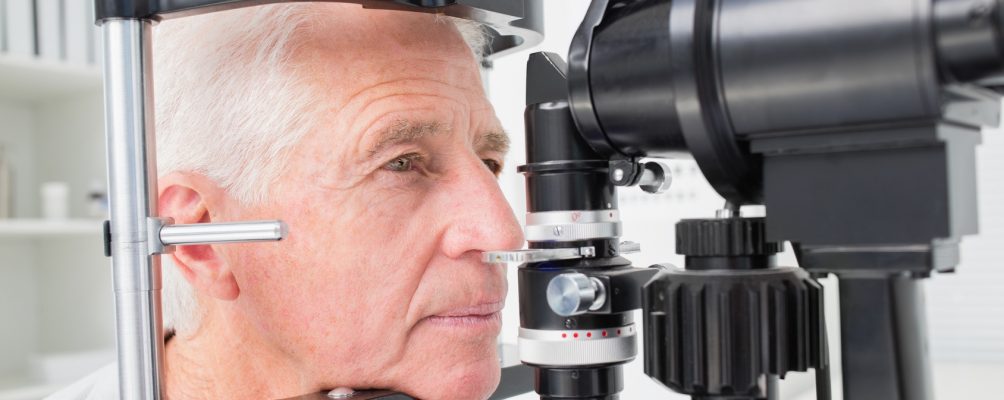- Complete dilated retina exams
- Fundus Photos
- Fluorescein Angiography
- ICG Angiography
- BScan ultrasound
- Optical Coherence Tomography (OCT)
- Laser treatment for retinal diseases
- Visual field testing
- Intraocular injections of Avastin, Lucentis, Eylea and other medications
- Vitrectomy, Scleral Buckling surgery as well as 25 gauge (No Stitch) Vitrectomy
“If it wasn’t for Dr. Sastry repairing my retinal detachment, I would not be able to see today….”
Read more…
Future Services
Future therapies including newer anti-VEGF medications, retinal transplants, retinal implants, and surgical innovations will make the management of retinal and macular diseases more rewarding in combating visual morbidity.
Your Visit:
At your first visit you will be asked to complete and sign a registration and medical history. Please bring:
- an up to date medical insurance card and photo ID
- signed referral form from your primary care physician if you have an HMO insurance
- your current glasses or contact lenses with case
- a list of your current medications and eye drops
At each eye exam visit your medical history and vision will be taken and your pupils will be dilated with drops. Dilation of the pupils allows for complete examination of the retina. These drops may cause temporary blurring of vision and sensitivity to light. We encourage you to bring sunglasses to wear and have friend or relative bring you for your visit.
Laser, Injections, and Surgery
Procedures for retina conditions are normally performed in the office under topical (eye drops) anesthesia. However, some patients with more advanced retinal diseases or trauma will need to have their procedures done as outpatient surgery at a hospital or surgery center.
Charges:
Charges for office visits and surgery are based upon the service required for your care. You will be asked to pay co-payments and deductibles not covered by your insurance. Most major insurances including Medicare are accepted. As a courtesy, we submit your claims for you to the insurance carriers.


